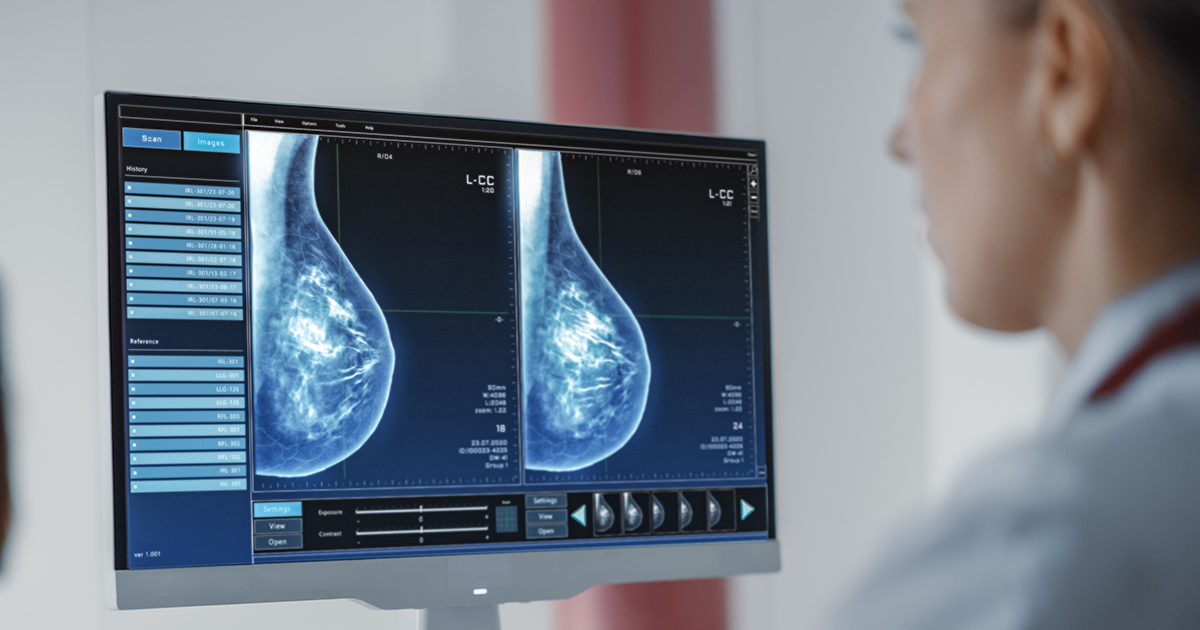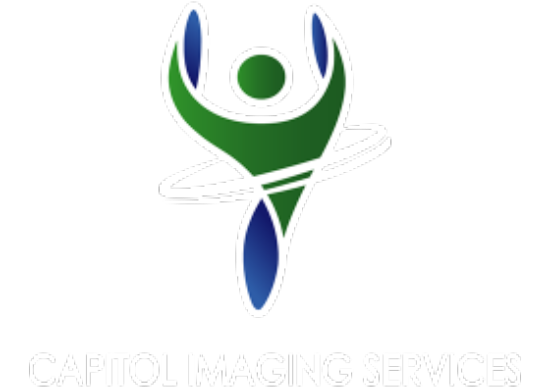What Is Breast Density?
Most women who are eligible for mammography screening have never heard of breast density and are unaware of breast density’s effect on cancer detection and risk, according to a study published by National Library of Medicine.
Breast density describes the relative amount of different types of breast tissue as seen on a mammogram. Dense breast tissue has relatively high amounts of glandular tissue and fibrous connective tissue and relatively low amounts of fatty breast tissue. It is not related to breast size or firmness.
Approximately 46 percent of American women have dense breasts.

Who Determines Your Breast Density?
The radiologist who looks at your mammogram classifies breast composition into one of four categories of increasing density:
- Predominantly fatty – indicates that the breasts are almost entirely composed of fat. About 1 in 10 women has this result.
- Scattered fibroglandular tissue – indicates there are some scattered areas of density, but the majority of the breast tissue is nondense. About 4 in 10 women have this result.
- Heterogeneously dense – indicates that there are some areas of non-dense tissue, but that the majority of the breast tissue is dense. About 4 in 10 women have this result.
- Extremely dense – indicates that nearly all of the breast tissue is dense. About 1 in 10 women has this result.
Why Does Breast Density Matter?
Although doctors are not sure why, women who have dense breasts have a greater risk of developing breast cancer than women with fatty breasts. Dense tissue may obscure underlying abnormality. It appears whiter on the mammogram image, making it more difficult for radiologists to see cancer, if present, and increasing the need for follow-up imaging. Cancer is easier to see in fatty breasts.
Knowing your density and discussing it with your doctor is important to ensure you are receiving the most effective screening.
What’s The Next Step?
Breast density can be determined by a radiologist through a conventional 2D Screening Mammogram. Capitol Imaging Services performs conventional 2D screening mammograms at all of our facilities. If you are determined to have dense breasts, your physician may suggest an ultrasound to check for any abnormalities. They may also suggest a 3D Mammogram instead of or in combination with an ultrasound.
3D Mammography delivers a series of detailed breast images, allowing your doctor to better evaluate your breasts layer by layer. It can provide greater accuracy than 2D Mammography. Greater accuracy means better breast cancer detection and a reduced chance of being called back for additional screenings.
The 3D mammography technology is available in Metairie, Marrero, Slidell and Covington.
Please visit our website’s section on mammography to learn more about your screening options and to find the CIS center that offers breast cancer screening near you. Schedule your appointment with Capitol Imaging Services and find out why we are Doctor Trusted and Patient Preferred.


